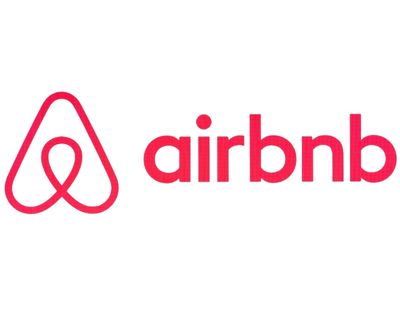
A new report by think tank IPPR supports those who feel the so-called ‘sharing economy’ - short lets via Airbnb and similar platforms - could indirectly damage the housing supply in major cities such as London.
IPPR research, carried out using Airbnb’s own datasets for the first time, has found that at present levels its impact on the London housing market is negligible, However, it has the potential to have an impact upon London’s housing supply in the future.
IPPR argues some of these risks can be headed off with “robust enforcement” of existing regulations that all home-sharing sites must follow.
Last week Airbnb announced it is to stop its hosts in London from letting their properties for more than 90 days a year without official consent - similar to a scheme introduced by the platform in Amsterdam. Under the proposals, hosts renting out entire properties will be notified as they approach the limit and given details of where to seek an extension.
The move begins next spring and brings the home-sharing website into line with UK law.
IPPR wants Airbnb and similar sharing websites to force hosts to prove they have secured planning permission once they reach the 90-day legal limit, blocking those who are unable to provide this information from continuing to host.
It also wants the Greater London Authority to work with borough councils and sharing platforms to introduce a registration scheme through which planning permission could be more easily recorded, to help enforcement of the existing rules.
“Different parts of the ‘sharing economy’ will inevitably need different forms of regulation. Governments need to be smarter and bolder in how they approach this task. On home sharing the first step must be to make sure existing rules are properly observed” says Charlotte Snelling, IPPR’s researcher on housing.













%20-%20IMAGE%20Client%20Accounting%20%E2%80%93%20what%20are%20your%20options.jpg)





Join the conversation
Jump to latest comment and add your reply
Governments need to be smarter and bolder in how they approach this task.
That would make a first - governments being smart!
Please login to comment